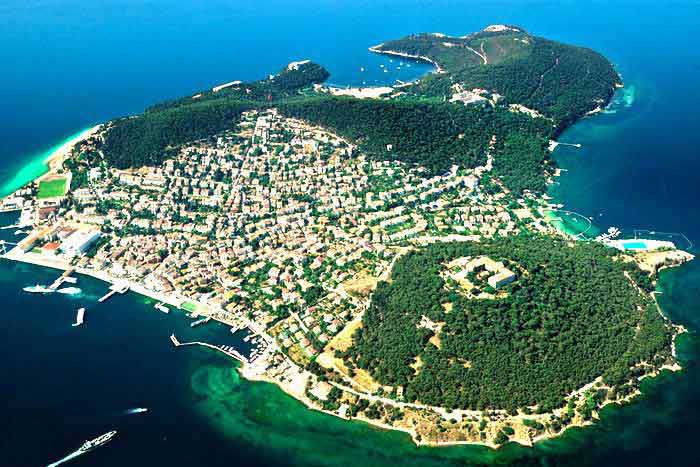Ongoing Balkan Tensions
The Unresolved Ethnic Struggle
While Austria’s recent triumph may temporarily discourage the Balkan Slavs, the racial conflict is likely to resurface. Behind the small kingdom...
National Ambitions and Balkan Politics
At the signing of the Treaty of Berlin, Austria gained influence over Bosnia and Herzegovina, while Bulgaria fell under the presumed influence of Russia....
Austria-Hungary and Bulgaria’s Assertiveness
The Austrian government’s proclamation of the annexation of Bosnia and Herzegovina without the consent of other powers directly violated the Treaty of Berlin. However,...






